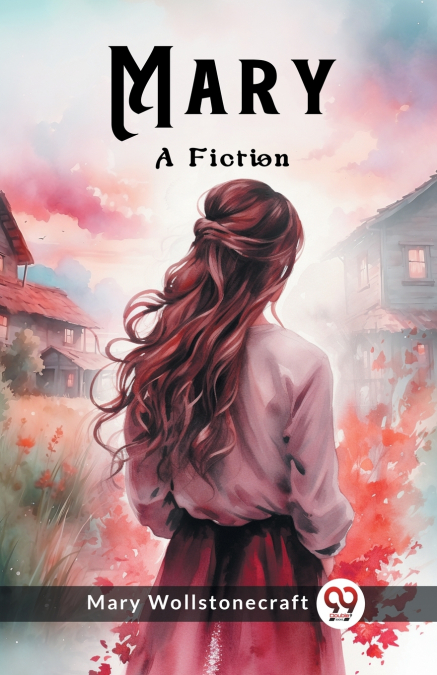
 Librería Perelló (Valencia)
Librería Perelló (Valencia)
 Librería Aciertas (Toledo)
Librería Aciertas (Toledo)
 El AlmaZen del Alquimista (Sevilla)
El AlmaZen del Alquimista (Sevilla)
 Librería Elías (Asturias)
Librería Elías (Asturias)
 Librería Kolima (Madrid)
Librería Kolima (Madrid)
 Donde los libros
Donde los libros
 Librería Proteo (Málaga)
Librería Proteo (Málaga)
'Mary: A Fiction' by Mary Wollstonecraft intertwines elements of feminism, enlightenment, and romanticism to deliver a powerful Bildungsroman. Set against the backdrop of social critique, the narrative navigates Mary’s journey towards self-discovery, empowerment, and autonomy. As a protagonist, Mary challenges traditional gender roles, advocating for equality and women’s rights in a society bound by rigid norms. Wollstonecraft intricately explores the complexities of individualism and identity, highlighting the struggles faced by women in asserting their freedom and asserting their place in a patriarchal world. Through Mary’s experiences, the novel becomes a manifesto for revolution, urging readers to envision a society where liberty and equality reign supreme. Amidst the romantic undertones, Wollstonecraft’s work remains a fervent call to arms, igniting a passion for social change and ideological enlightenment. Each page brims with the spirit of rebellion and the quest for personal and collective liberation. 'Mary: A Fiction' stands as a testament to Wollstonecraft’s enduring legacy as a pioneer of feminist thought, challenging societal norms and paving the way for future generations to embrace their individuality and demand their rightful place in the pursuit of a more just and equitable world.